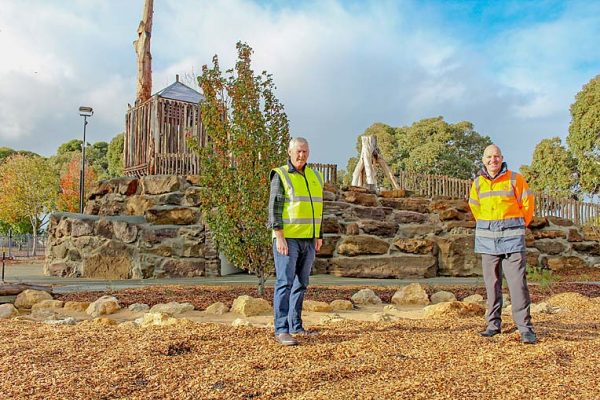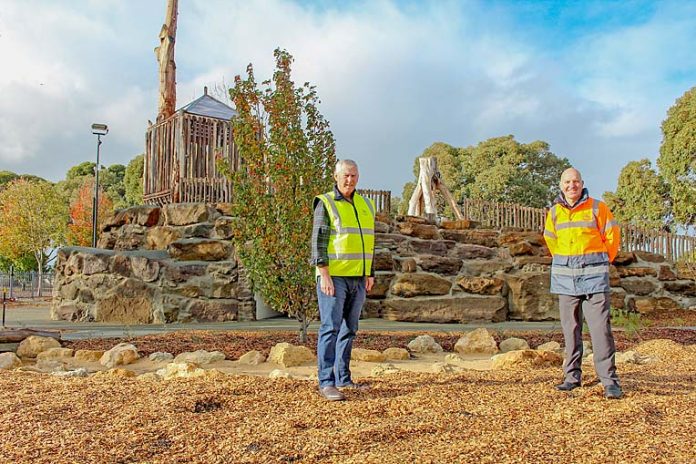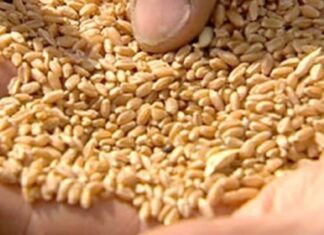
WATTLE Range Council is set to dip into the red in the next financial year and post an operating deficit of $440,000.
After eight consecutive years of surpluses, council will not be able to cover its forecast expenses of $26.45m.
The estimates are published in the 2020/21 draft budget.
The 64-page document is available for public scrutiny and written comment must be lodged by Friday.
While anticipating a rare deficit, the authors of the 12-month financial blueprint believe council is well placed to deal with this outcome.
They highlighted council has progressively reduced its debt over the past four years to the extent it is now in effect, debt-free.
“Therefore, council has the financial capacity to fund both the deficit and the capital expenditure program for 2020/21 without impacting the long-term financial sustainability of Wattle Range,” stated the draft budget authors.
Employee costs are set to be $10.06m, an increase of $420,000 on 2019/20.
The number of full-time equivalent employees is set to be 116.1 and this is an overall increase of 2.73.
The employee costs are set to be impacted by an anticipated 3pc pay rise for both the inside and outside staff.
The draft 2020/21 budget creates a special $100,000 fund to increase grant funding opportunities.
It is intended community groups can access the fund for the purpose of major infrastructure projects.
Council chief executive Ben Gower has explained the need for a deficit.
“Over the past few years, Wattle Range Council has implemented a range of operational efficiency improvements that have enabled us to both drive up productivity and drive down cost,” Mr Gower said.
“These improvements have allowed council to significantly increase its investment in community infrastructure and services without having to pass on any additional cost to our ratepayers.
“This is the second year in a row where council has not increased its rate revenue and it follows a five-year period where rate increases have been trending well below CPI.”
Mr Gower said council has also repaid nearly all of its debt and has not had to borrow any additional money to fund its operations.
“Unfortunately, a number of our underlying costs continue to rise due to inflation and there comes a time where all of the efficiency improvements in the world will not be able to close the gap,” he said.
“After scrutinising all of the services that we provide to the community, council made a very conscious decision not to raise rates again this year because of the COVID-19 virus but to accept a modest deficit instead.
“This is prudent given the current economic climate and our underlying financial position.
“We will of course continue to pursue further efficiency gains throughout the year with the aim of pegging that deficit back to as close to zero as we can.
“We always look forward to feedback from the community on the draft Annual Business Plan and I encourage people to let us know what they think – whether it be good, bad or indifferent.”








